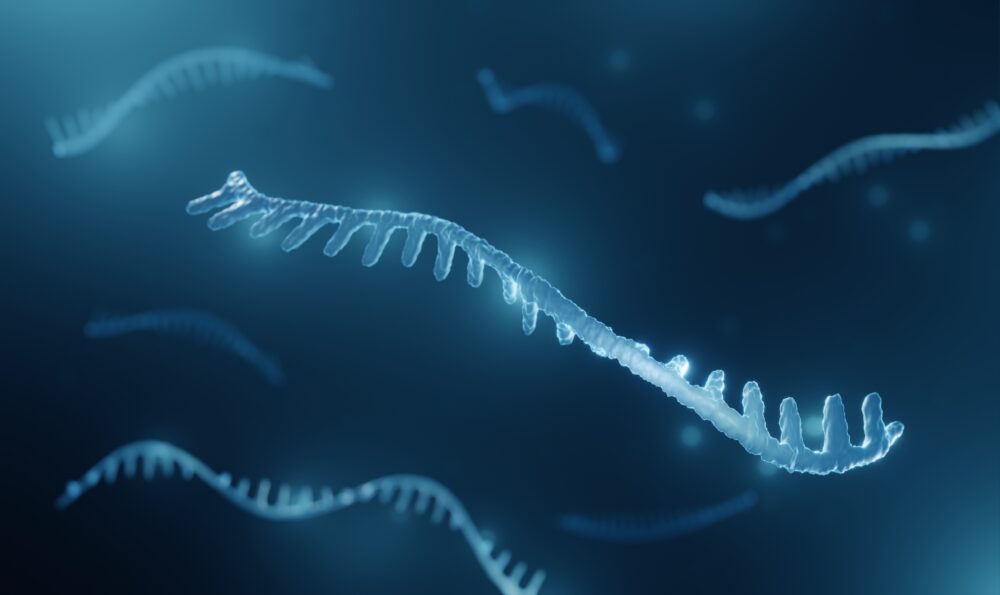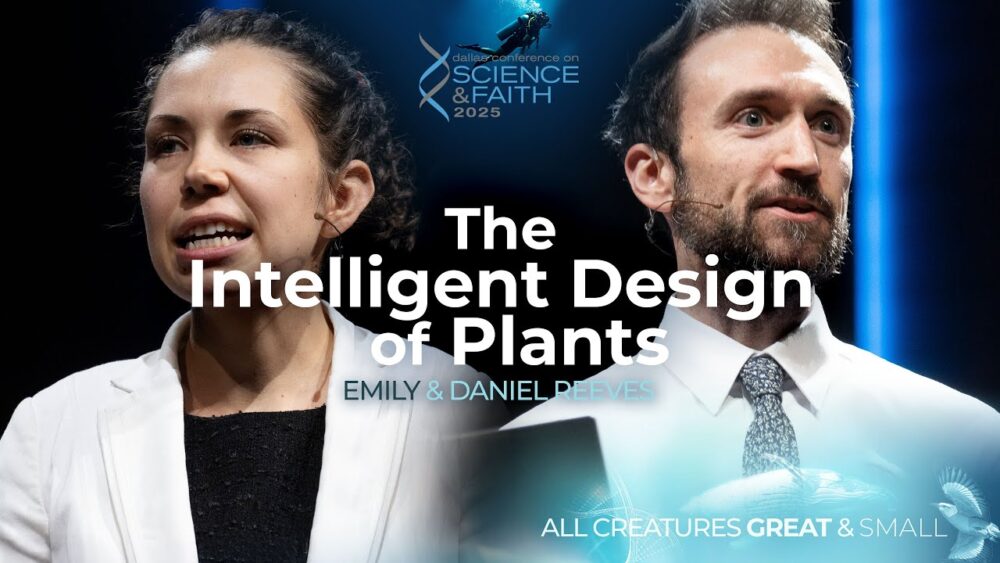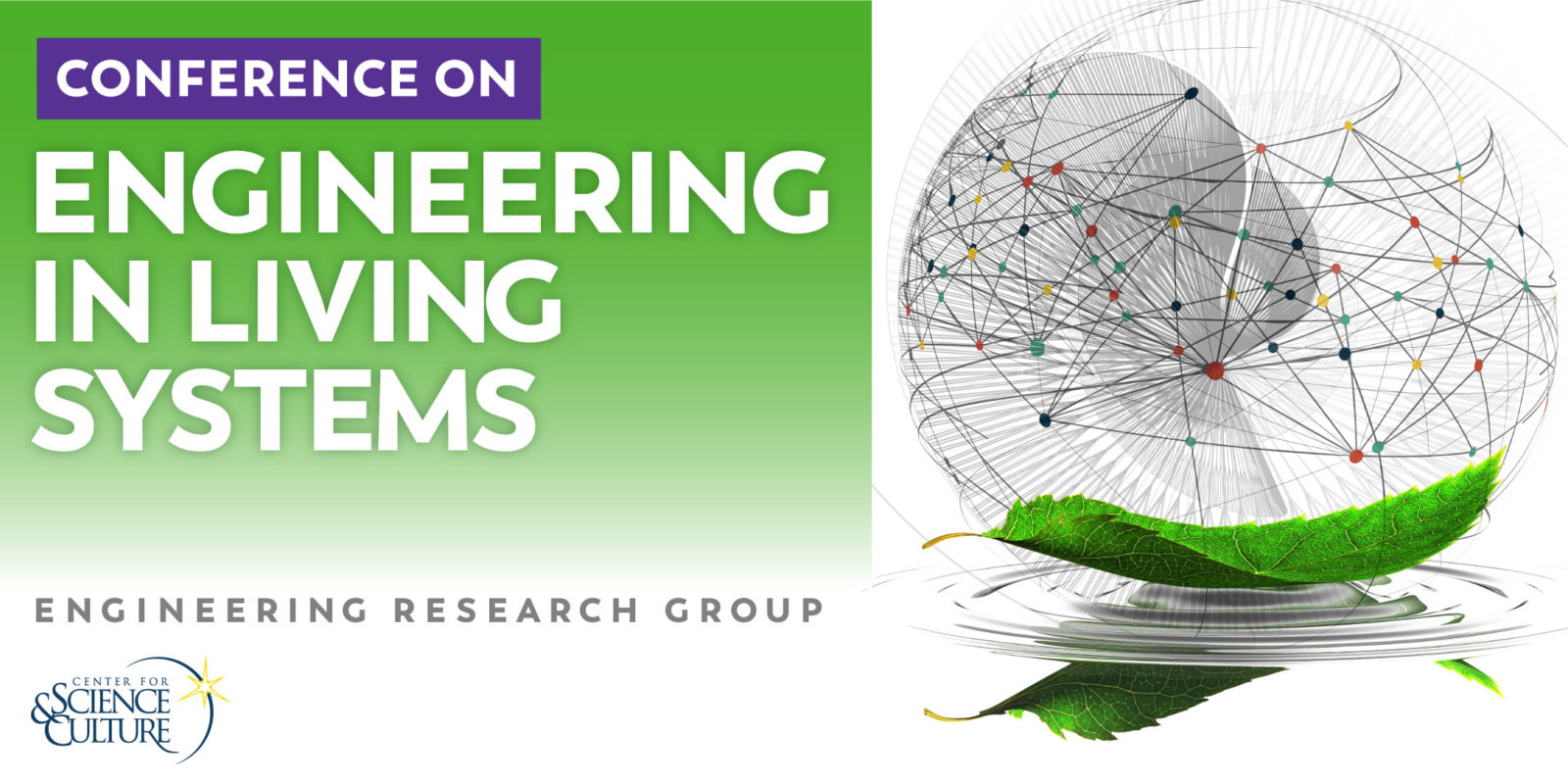
Center for Science and Culture
We are the institutional hub for scientists, educators, and inquiring minds who think that nature supplies compelling evidence of intelligent design. We support research, sponsor educational programs, defend free speech, and produce articles, books, and multimedia content. Read More …
News

Homeschool High‑School Science Courses
- July 16, 2025
- 3
- Intelligent Design
Tour Undermines Pillar of Origin-of-Life Theories
- July 16, 2025
- 5
- Origin of Life
Walter Bradley on the Origin of Life
- July 15, 2025
- 1
- Intelligent Design
Intelligence Without a Brain? The Case of Fungi
- July 15, 2025
- 4
- Neuroscience & Mind
Inhibit the Mind? Scopes Revisionism Can End
- July 15, 2025
- 10
- Evolution
Video
Intelligent Design as Fuel for Scientific Discovery (2025 Dallas Conference on Science & Faith)
- July 8, 2025
- Intelligent Design
The Non-Algorithmic Nature of Life: Physicist Dr. Brian Miller
- June 4, 2025
- Intelligent Design
A Neurosurgeon Pulls Back the Curtain on the Soul
- June 2, 2025
- Intelligent Design
Why Life is the Most Unnatural Thing in the Universe
- May 26, 2025
- Intelligent Design
ID the Future

A Tale of Two Doctors: Finding Purpose in Medicine and Science

How Evolutionary Thinking Delayed a Nobel Prize Discovery













